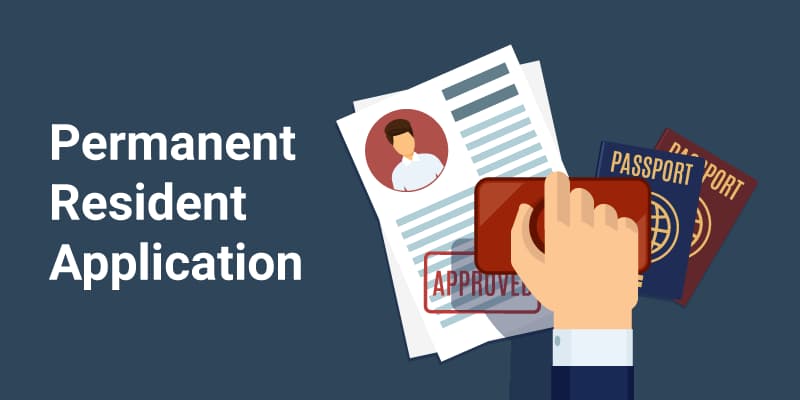Singapore Immigration and Work Visas

This section provides practical insights covering topics about Singapore immigration and work visa available for foreign working professionals and entrepreneurs such as Singapore Employment Pass, EntrePass, ONE Pass, Tech.Pass, Personalized Employment Pass (PEP), and other Singapore immigration services that we offer.
Contact Us
Guides to Singapore relocation and work visa
We make moving to Singapore simple
Enjoy peace of mind with Rikvin’s fast relocation and immigration services for both individuals and corporate entities.




